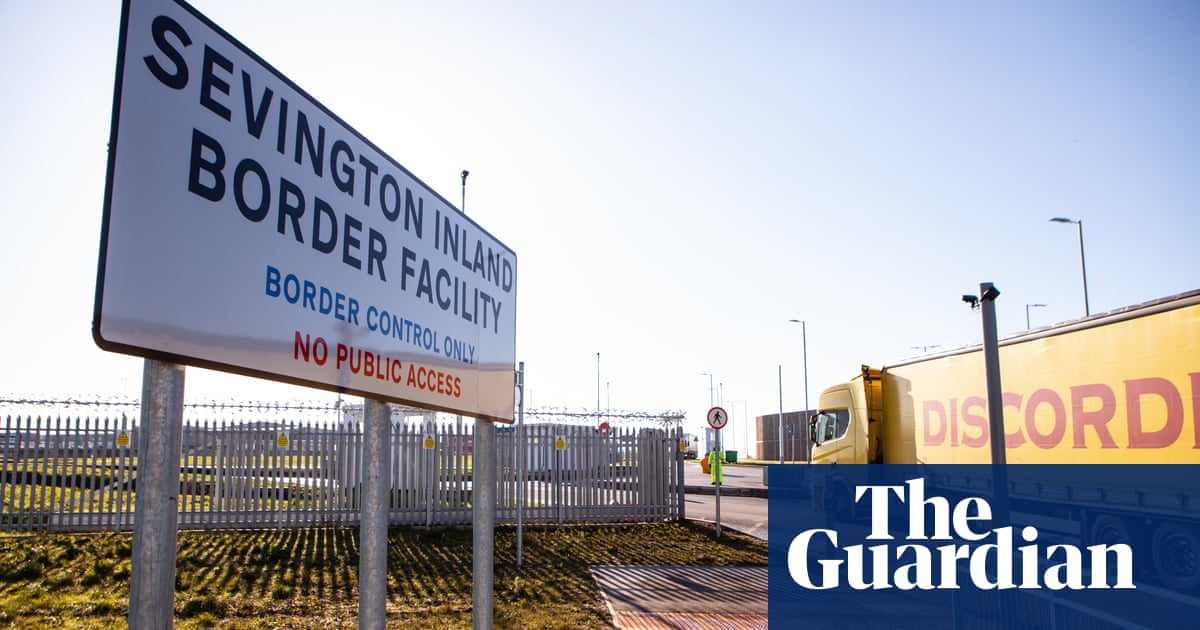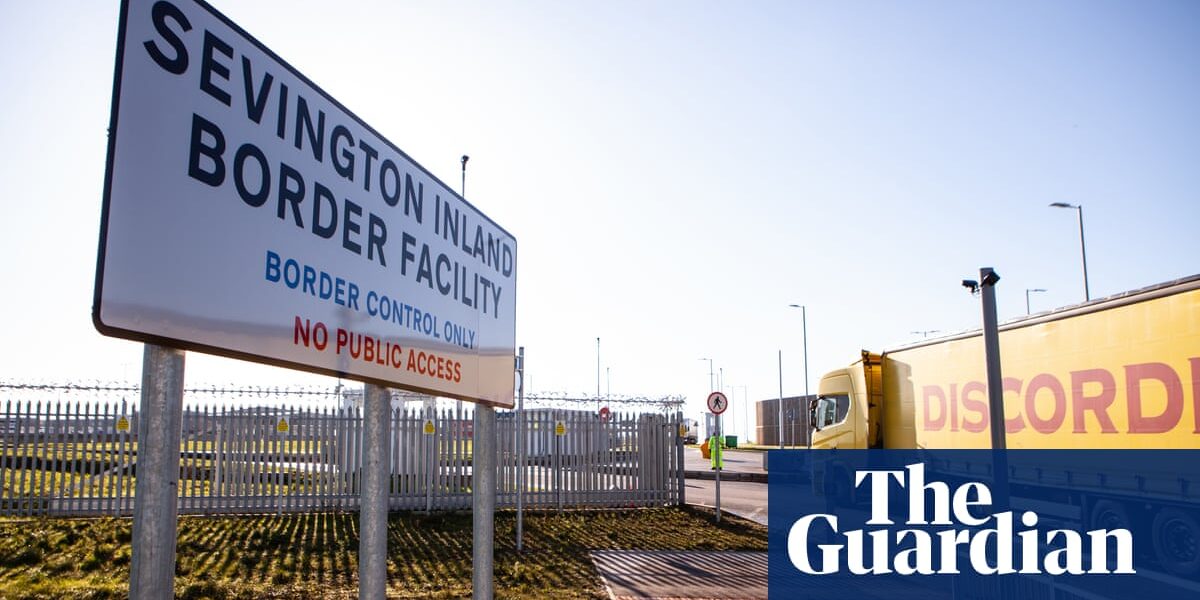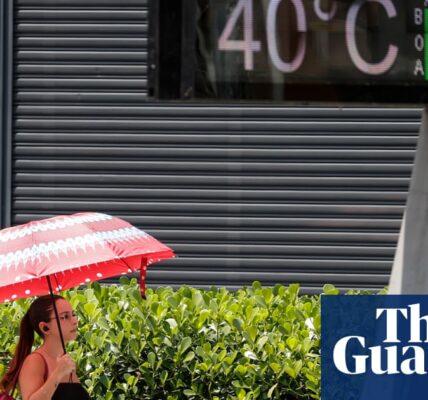What impact will the UK’s updated border regulations have on the import of plants and animals?

The first phase of implementing new and comprehensive Brexit border regulations for the importation of plants, animals, and food from the European Union into the UK will take place today.
The revisions, which are the biggest for importers since the UK’s departure from the single market three years ago, are expected to greatly impact businesses that depend on imports from Europe.
What exactly are the alterations and will they result in higher prices for food and plants?
What are the latest border regulations?
At the stroke of midnight on Tuesday, the government initiated the initial phase of a gradual implementation of stricter regulations for goods being imported into the UK from the EU. This initiative, known as the Border Target Operating Model (BTOM), divides all plant and animal products from the EU into three categories based on risk level: high, medium, and low.
Health certificates will now be necessary for medium- and high-risk plant and meat products to be allowed into the UK.
Products that carry a high risk include live animals, plants for planting, certain seeds, and tubers.
The medium-risk classification includes items like cut flowers and various plant parts, including tomato plant cuttings. It also encompasses meat, unpasteurized milk, eggs, and certain types of fish.
Starting now, individuals exporting meat and dairy items to the United Kingdom must locate a veterinarian in the nation of origin to complete a seven-page document confirming that the product is free from diseases. For plant-based products, the same confirmation will be required from a plant health inspector.
Certain low-risk items such as cucumbers, asparagus, processed meats, and cheese made from pasteurized milk will not require extensive documentation.
What are the subsequent steps?
On April 30th, the government will start conducting physical inspections at the border for goods considered to be of medium or high risk upon arrival in the country.
These checks will take place at specially designated border control posts. Many of these control posts are extensions of existing facilities, which check plant and animal goods coming in from non-EU countries. However, some have been established specifically for these changes. This includes a new £147m facility at Sevington, near Dover, which will process all the products coming through the UK’s busiest port.
In October, the government will make a significant change by mandating safety and security declarations for imports with medium and high levels of risk. Additionally, they will implement a single trade window, which aims to decrease the number of forms necessary for importers.
At this time, products originating from Ireland will not undergo physical inspections. However, the government has stated that these will eventually be implemented after October 31st of this year.
Can the implementation of new border controls result in price increases?
The government has recognized that the additional inspections may increase expenses for businesses and consumers.
Bypass the advertisement for the newsletter.
after newsletter promotion
It has determined an estimated annual cost of £330m, and predicts that this would cause a 0.2% increase in retail food prices over a span of three years.
Nevertheless, this could potentially be a lower estimate.
The government plans to include a variety of fruits and vegetables, such as strawberries, apples, sweet potatoes, and carrots, into the medium-risk category in October. This will require additional inspections and certification. According to the Fresh Produce Consortium, this change is expected to increase the annual cost of importing produce from the EU by £200m.
There are also worries that the modifications may lead to limited options for consumers. The Guild of Fine Food, an organization representing independent food and beverage sellers, stated that smaller suppliers of specific products in Europe may cease exporting to the UK due to added bureaucratic processes.
What is the reason for these modifications?
Initially, there exists a lawful obligation. According to the regulations of the World Trade Organization, the trade boundaries for the European Union must align with those of the rest of the globe to prevent providing the bloc with a competitive edge.
The implementation of the controls has been postponed five times due to concerns about potential disruptions and increases in fuel prices. These controls now resemble those that UK exporters have been dealing with since January 2021.
Farmers who produce meat and dairy products and have encountered bureaucratic obstacles when exporting to the EU, as their European counterparts had unrestricted access to UK markets, have expressed approval for the modifications.
Another significant factor for implementing restrictions on incoming products is to protect against biosecurity risks. The increased screenings will play a crucial role in preventing the introduction of plant and animal illnesses, such as xylella, a highly contagious bacterial infection that affects plants in mainland Europe, or African swine fever, a disease that affects pigs.
Source: theguardian.com



